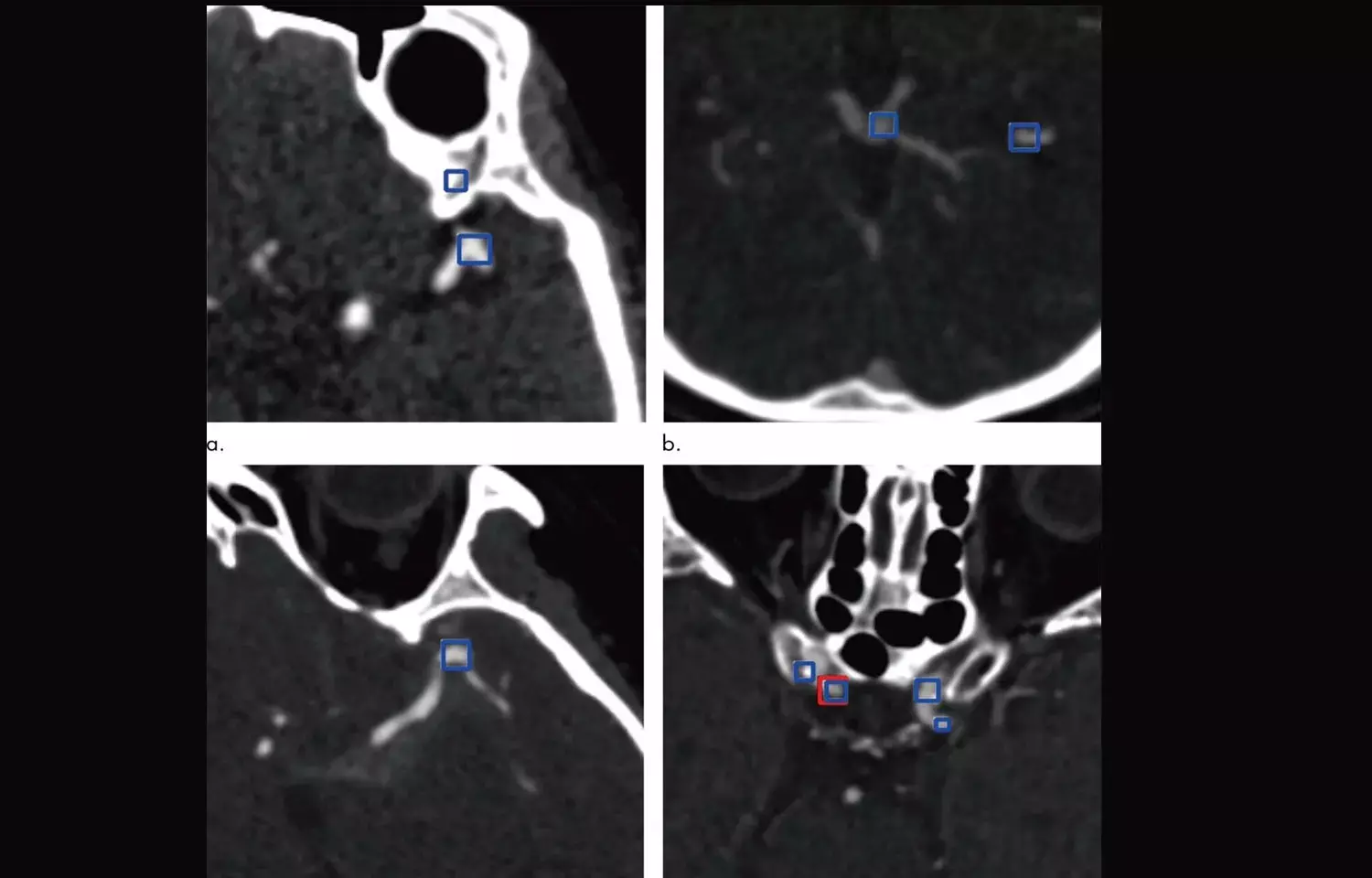- Home
- Medical news & Guidelines
- Anesthesiology
- Cardiology and CTVS
- Critical Care
- Dentistry
- Dermatology
- Diabetes and Endocrinology
- ENT
- Gastroenterology
- Medicine
- Nephrology
- Neurology
- Obstretics-Gynaecology
- Oncology
- Ophthalmology
- Orthopaedics
- Pediatrics-Neonatology
- Psychiatry
- Pulmonology
- Radiology
- Surgery
- Urology
- Laboratory Medicine
- Diet
- Nursing
- Paramedical
- Physiotherapy
- Health news
- Fact Check
- Bone Health Fact Check
- Brain Health Fact Check
- Cancer Related Fact Check
- Child Care Fact Check
- Dental and oral health fact check
- Diabetes and metabolic health fact check
- Diet and Nutrition Fact Check
- Eye and ENT Care Fact Check
- Fitness fact check
- Gut health fact check
- Heart health fact check
- Kidney health fact check
- Medical education fact check
- Men's health fact check
- Respiratory fact check
- Skin and hair care fact check
- Vaccine and Immunization fact check
- Women's health fact check
- AYUSH
- State News
- Andaman and Nicobar Islands
- Andhra Pradesh
- Arunachal Pradesh
- Assam
- Bihar
- Chandigarh
- Chattisgarh
- Dadra and Nagar Haveli
- Daman and Diu
- Delhi
- Goa
- Gujarat
- Haryana
- Himachal Pradesh
- Jammu & Kashmir
- Jharkhand
- Karnataka
- Kerala
- Ladakh
- Lakshadweep
- Madhya Pradesh
- Maharashtra
- Manipur
- Meghalaya
- Mizoram
- Nagaland
- Odisha
- Puducherry
- Punjab
- Rajasthan
- Sikkim
- Tamil Nadu
- Telangana
- Tripura
- Uttar Pradesh
- Uttrakhand
- West Bengal
- Medical Education
- Industry
Symmetric CTA collaterals may identify stroke patients likely to benefit from late thrombectomy: Study

Delhi: CT angiography (CTA) can identify stroke patients who will likely benefit from endovascular thrombectomy (EVT) to restore blood flow by showing a strong link between ischemic core growth and blood flow in the brain's collateral blood vessels, according to a recent study. The symmetric collateral pattern at CT angiography was found to be common and highly specific for low ischemic core growth rate and small 24-hour ischemic core volume as assessed at diffusion-weighted MRI in patients with large vessel occlusion.
"After further outcome studies, collateral status at presentation may prove useful in triage for endovascular thrombectomy, especially when MRI and CT perfusion are unavailable," the researchers wrote in the journal Radiology.
Previous studies have shown that understanding ischemic core growth rate (IGR) is important for identifying patients with slow-progressing large vessel occlusion (LVO) stroke who may benefit from delayed EVT. Aneesh B. Singhal and colleagues aimed to evaluate whether symmetric collateral pattern at CTA can help to identify patients with low IGR and small 24-hour diffusion-weighted MRI ischemic core volume in patients with LVO not treated with reperfusion therapies.
Patients with anterior proximal LVO not treated with reperfusion therapies were evaluated in this secondary analysis of clinical trial data from before EVT became standard of care from January 2007 to June 2009. All patients underwent admission CTA and at least three MRI examinations at four-time points over 48 hours. The researchers categorized arterial phase CTA collaterals at presentation as symmetric, malignant, or other. Diffusion-weighted MRI ischemic core volume and IGR at multiple time points were determined. The IGR at presentation was defined as follows: (ischemic core volume in cubic centimeters)/(time since stroke symptom onset in hours).
A total of 31 patients (median age, 71 years; 19 men) were evaluated with median National Institutes of Health Stroke Scale (NIHSS) score of 13.
Key findings include:
- Collaterals were symmetric (45%; 14 of 31), malignant (13%; four of 31), or other (42%; 13 of 31).
- Median ischemic core volume was different between collateral patterns at all time points. Presentation was as follows: symmetric, 16 cm3; other, 69 cm3; and malignant, 104 cm3.
- At 24 hours, median ischemic core volumes were as follows: symmetric, 28 cm3; other, 156 cm3; and malignant, 176 cm3.
- Median IGR was also different, and most pronounced at presentation: symmetric, 4 cm3 per hour; other, 17 cm3 per hour; and malignant, 20 cm3 per hour.
- After multivariable adjustment, independent determinants of higher presentation IGR included only higher NIHSS (parameter estimate [β = 0.20) and worse collaterals (β = –2.90).
- The only independent determinant of 24-hour IGR was worse collaterals (β = –2.03).
- Symmetric collaterals had sensitivity of 87% (13 of 15) and specificity of 94% (15 of 16) for 24-hour ischemic core volume less than 50 cm3 (area under the receiver operating characteristic curve, 0.92).
The researchers concluded, "After further outcome studies, collateral status at presentation may prove useful in triage for endovascular thrombectomy, especially when MRI and CT perfusion are unavailable."
Reference:
The study titled, "Symmetric CTA Collaterals Identify Patients with Slow-progressing Stroke Likely to Benefit from Late Thrombectomy," is published in the journal Radiology.
DOI: https://pubs.rsna.org/doi/10.1148/radiol.2021210455
Dr Kamal Kant Kohli-MBBS, DTCD- a chest specialist with more than 30 years of practice and a flair for writing clinical articles, Dr Kamal Kant Kohli joined Medical Dialogues as a Chief Editor of Medical News. Besides writing articles, as an editor, he proofreads and verifies all the medical content published on Medical Dialogues including those coming from journals, studies,medical conferences,guidelines etc. Email: drkohli@medicaldialogues.in. Contact no. 011-43720751


